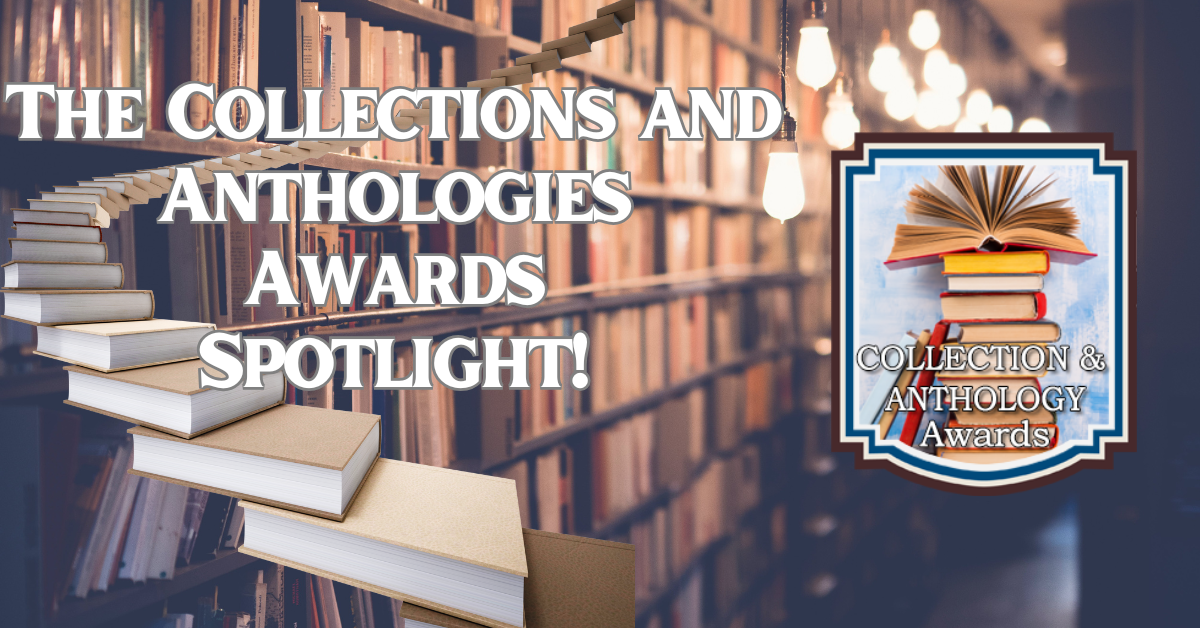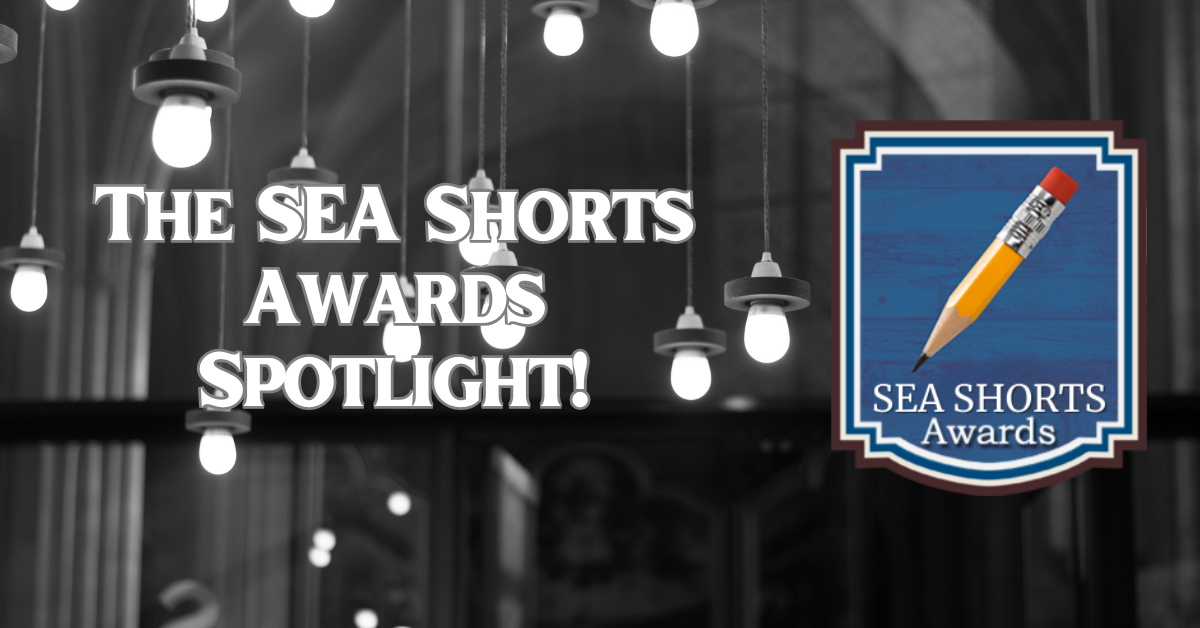|
Listen to or download this article:
|

I became familiar with him because of the attachment that I have for the following quote of his when I was in high school. I try to live my life by it. But I must confess, when I first saw it, even though it resonated with me, I really had no idea who Goethe was—besides someone’s name to remember on a history exam.
Whatever you can do or dream you can, begin it. Boldness has genius, power, and magic in it. Goethe
Fast forward to 2015…as many of you know, we named the post-1750s historical fiction book awards division of the Chanticleer International Book Awards after Johann Wolfgang von Goethe who was born at the dawn of the new era of enlightenment on August 28, 1749.
Goethe is considered to be the last true polymath.
His collected works comprise of one hundred and forty-three volumes including Faust, Wilhelm Meister’s Apprenticeship, and The Sorrows of Young Werther. More than 10,000 letters and 3,000 drawings of his are extant.

Goethe as a young man
“Goethe’s company could be exhausting. One minute he would be reciting Scottish ballads, quoting long snatches from Voltaire, or declaiming a love poem he had just made up; the next, he would be smashing the crockery or climbing the Brocken mountain through the fog. ” Super Goethe by Ferdinand Mount
“His lifetime, spanning some of the most monumental disruptions in modern history, is referred to as a single whole, the Goethezeit, or Age of Goethe.” The New Yorker magazine, Adam Kirch Feb. 1, 2016

Goethe (1828)
Some events that occurred during Goethe’s lifetime
- 1750 – The Industrial Revolution began in England
- 1756 – Wolfgang Amadeus Mozart was born in Salzburg Austria
- 1761 – The problem of calculating longitude while at sea was solved by John Harrison
- 1765 – James Watts perfects the steam engine
- 1770 – Ludwig van Beethoven was born in Bonn, Germany
- 1774 – Goethe’s romantic novel, The Sorrows of Young Werther, propels him into European fame
- 1774 – Goethe’s play Gotz von Berlichingen, a definitive work of Sturm und Drang premiers in Berlin
- 1776 – America’s 13 Colonies declare independence from England. Battles ensue.
- 1776 – Adam Smith publishes the Wealth of Nations (the foundation of the modern theory of economics)
- 1776 – The Boulton and Watt steam engines were put to use ushering in the Industrial Revolution
- 1783 – The Hot Air Balloon was invented by the Montgolfier brothers in France.
- 1786 – Le Nozze di Figaro by Mozart premiered in Vienna
- 1789 – George Washington is elected the first president of the United States of America
- 1780 – Antoine Lavoisier discovers the Law of Conservation of Mass
- 1789 – The French Revolution started in Bastille
- 1791 – Thomas Paine publishes The Rights of Man
- 1792 – Napolean begins his march to conquer Europe
- 1799 – Rosetta Stone discovered in Egypt
- 1802 – Beethoven created and performed The Moonlight Sonata
- 1802 – A child’s workday is limited to twelve hours per day by the British parliament when they pass their first Factory Act
- 1804 – Napolean has himself proclaimed Emperor of France
- 1808 – Atomic Theory paper published by John Dalton
- 1811 – Italian chemist Amedeo Avogadro publishes a hypothesis, about the number of molecules in gases, that becomes known as Avogadro’s Law
- 1811 – Jane Austen’s Sense and Sensibility was published anonymously. It was critically well-received
- 1814 – Steam driven printing press was invented which allowed newspapers to become more common
- 1818 – Mary Shelley publishes Frankenstein
- 1832 – Goethe’s Faust, Parts 1 & 2 are published posthumously (March 22, 1832)

Goethe Haus & Museum
Frankfurt am Main
Argus (my husband) and I had the fortunate opportunity to visit the house that Johann Wolfgang von Goethe who was born in at Frankfurt am Main. (Afterall, I am a Goethe fangirl.) He was born into a rich family that was a pillar in the middle-class world of one of the rare republics at the time that was virtually a self-governing city-state.* His family’s wealth allowed him to indulge in bourgeois pursuits such as writing plays and studying alchemy.

The house where Goethe was born in Frankfurt am Main

A photo of a few books from Goethe’s collection on display at the house where he grew up
As to how to pronounce his name, well that is a conundrum. I’ve been told about thirty different ways of how to correctly pronounce Goethe and about twelve of these hail from a late night in a German stueble where the other patrons ( all Germans) conflicted adamantly with each other’s “correct pronunciation.” Nevertheless, here is a handy link about how to pronounce his name correctly—at least in one viewpoint.
And why was he selected to represent the post-1750’s historical fiction writing competition of the Chanticleer International Book Awards?
Why, indeed!
Many historians consider 1750 to be a pivotal date in the history of humankind–in both Western and Eastern history. There are several movements that shaped this new era. Prior to 1750, monarchy was the prevailing form of government. “Citizenry” (as opposed to being a “subject”) was a radical new concept that was taking root due to the British Colonies in America revolting against the British monarchy. The concept that individuals were not just “subjects” of a monarchy, but humans with inalienable rights spread like wildfire throughout Europe leading, to the French Revolution. The 1750s brought about a completely new way of thinking about governance. With this came the concept of the right to own private property rather than being “entrusted” with it by royalty and subjected to the whims of the monarch granting the property.

Liberty Guiding the People by Eugene Delacroix
Secondly, the Secular Revolution with its scientific enlightenment began to take hold in the mid-1700s as an accepted way to see and understand the Universe and our place within it. For the first time in recorded human history, the cultural concepts of religious dominance and doctrine were being challenged. The 1750s brought us the Age of Enlightenment.

John Harrison’s Marine Timekeeper for Longitude Calculations
Next, the first phase of the Industrial Revolution (1750 – 1914) was brought about by the harnessing of the energy of coal and steam rather than biomass energy (humans and animal muscle power). This lead to mass migrations of humans escaping famine, poverty, and intolerance to take place for the first time in history. Railroads and trains, and steamships, as well as sailing ships with more dependable navigational tools such as the marine chronometer that allowed for safer passage across the oceans, made the migrations possible.
“Goethe was a contemporary of thinkers—Kant, Herder, Fichte, Schelling, Hegel, Wilhelm and Alexander von Humboldt—who carried out an intellectual revolution that is at the basis of most modern thinking about religion, art, society, and thought itself. He knew most of these people well, furthered the careers of several of them, promoted many of their ideas, and expressed his reaction to them in his literary works.
The age they helped to make was an age dominated by the idea of freedom, of individual self-determination, whether in the intellectual and moral sphere or in practical politics—the age both of German Idealism and of the American and French revolutions.
If there is a single theme running through Goethe’s huge and varied literary output, it is his reflection on subjectivity—his showing how in ever-changing ways we make our own selves, the world we inhabit, and the meaning of our lives. Yet he also shows how, without leaving that self-made world, we collide all the time with the reality of things.” Written by Nicholas Boyle for Britannica (2016)
And now back to the Goethe Book Awards for post-1750s Historical Fiction, a division of the CIBAs.
We wish to congratulate 2018’s Goethe Book Awards Grand Prize Winner –

The Lost Years of Billy Battles by Ronald E. Yates
Billy Battles is as dear and fascinating a literary friend as I have ever encountered. I learned much about American and international history, and you will too if you read any or all of the books. Each is an independent work, but if read in relation to the others, the reader experiences that all too rare sense of complete transport to another world, one fully realized in these pages because the storytelling is so skillful and thoroughly captivating. Trust me; you’ll want to read all three volumes. Chanticleer Reviewer’s Note
Please visit this link to read the entire Chanticleer Review of this Goethe Book Awards Grand Prize Winner that also earned the OVERALL BEST BOOK of the CIBAS! https://www.chantireviews.com/2018/07/13/the-lost-years-of-billy-battles-book-3-in-the-finding-billy-battles-trilogy-by-ronald-e-yates-historical-fiction-literary-action-adventure/
To learn more about Ronald E. Yates, please click on this link: https://www.chantireviews.com/2019/04/11/ronald-e-yates-award-winning-author-professor-foreign-correspondent-panel-moderator-and-interviewer-at-cac19/
Congratulations to the 2018 Goethe Book Awards First Place Category Winners!

-
-
-
- The Muse of Fire by Carol M. Cram
- Mist-chi-mas: A Novel of Captivity by J.L. Oakley
- The River by Starlight by Ellen Notbohm
- Anna’s Home by Rosalind Spitzer
- None of Us the Same by Jeffrey K. Walker
- Behind the Scarlet Letter by Patricia Suprenant
- The Pear Tree by K. M. Sandrick
-
-
 The deadline for entering manuscripts and recently published works into the 2019 Goethe Book Awards is JUNE 30, 2019. For more information, please click here:
The deadline for entering manuscripts and recently published works into the 2019 Goethe Book Awards is JUNE 30, 2019. For more information, please click here:
To learn more about the 2019 CIBAs, please click here: https://www.chantireviews.com/contests/
Resources
***New Yorker Magazine









Leave A Comment